Clinical Bioethics
Diversity, Equity, and Inclusion
The Weight of Words: Influence, Power, and Bias in Our Language
-
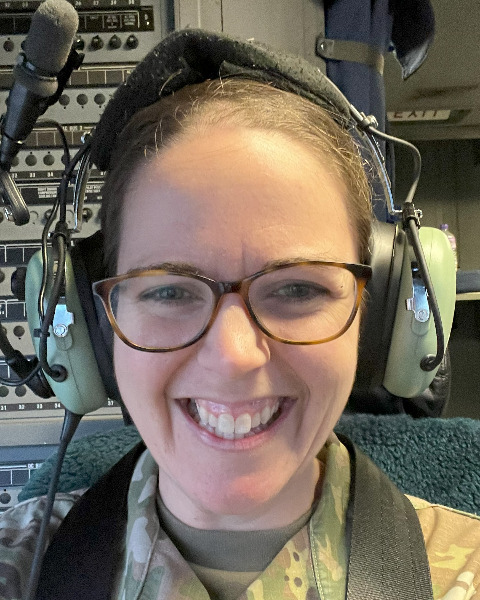
Jeanne Krick, MD, MA (she/her/hers)
Neonatology Attending Physician
San Antonio Uniformed Services Health Education Consortium
San Antonio, Texas, United States -
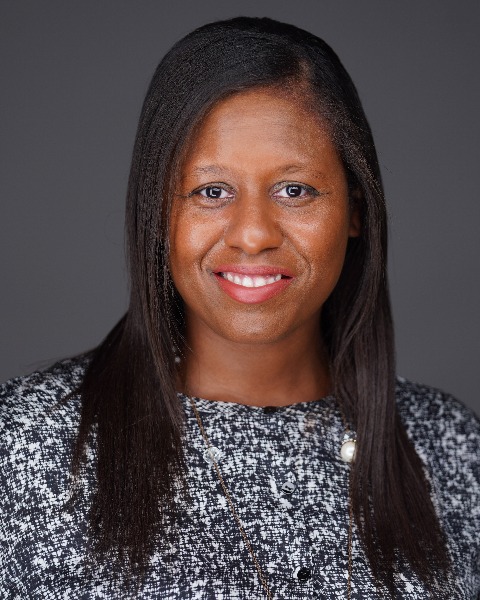
Rasheda Vereen, MD, MBS (she/her/hers)
Assistant Professor of Pediatrics; Staff Neonatologist
Uniformed Services University of the Health Sciences F. Edward Hebert School of Medicine
Fort Cavazos, Texas, United States -
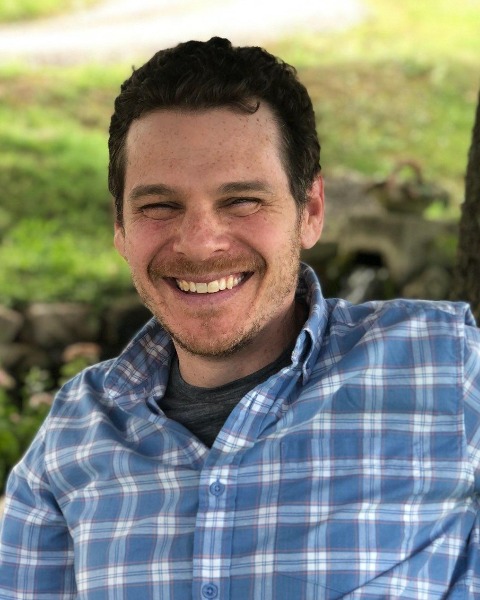
Aaron Wightman, MD, MA
Associate Professor
Pediatrics
University of Washington School of Medicine
Seattle, Washington, United States -
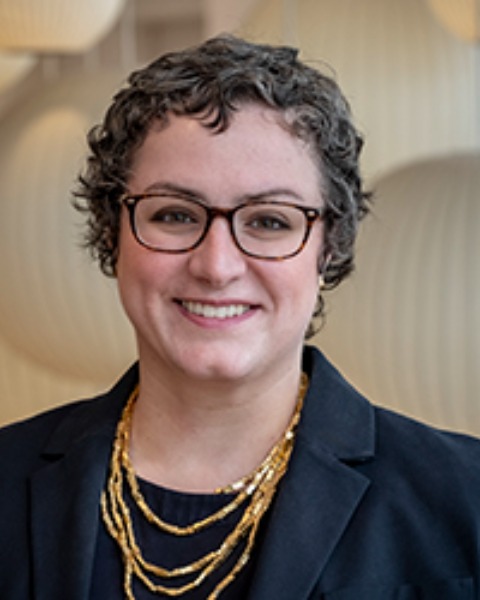
Jennifer Kett, MD MA (she/her/hers)
Associate Professor, Division Head, Bioethics and Palliative Care, Department of Pediatrics, UW SOM
University of Washington & Seattle Children's Hospital
Maple Valley, Washington, United States -
LM
Luke Mosley, MD, MTS
Assistant Professor of Pediatrics
University of Washington School of Medicine
Seattle, Washington, United States -
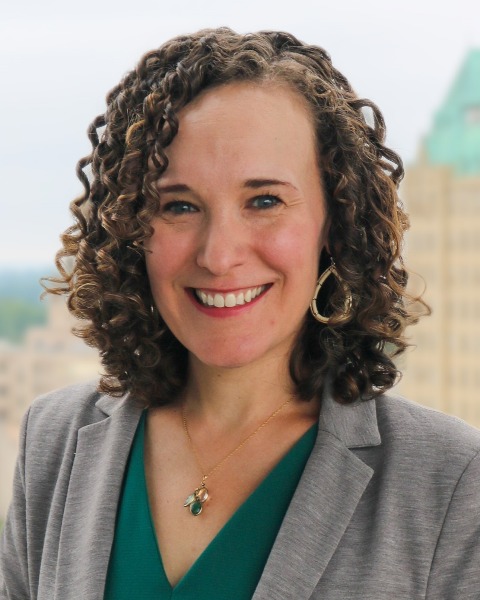
Erica Salter, PhD, HEC-C (she/her/hers)
Associate Professor of Health Care Ethics and Pediatrics
Saint Louis Univeristy
St. Louis, Missouri, United States
Leader(s)
Co-Leader(s)
Workshop Description: Language shapes not only how we communicate but also how we perceive patients, their needs, and the ethical complexities of medical care. Our words can empower patients and their families or reinforce hierarchies, influencing outcomes in subtle yet profound ways. In pediatric medicine, where precision is critical, the unexamined use of language can perpetuate biases, reduce parental and patient autonomy, and obscure the values underlying clinical decisions. This workshop will provide a platform for healthcare professionals to critically examine how our language impacts our relationships with patients, their families, and colleagues, and shapes decision-making as well as the quality of care delivered. By fostering reflection and dialogue, we aim to raise awareness about the need for intentional, inclusive, and patient-centered communication to create more equitable and compassionate healthcare environments.
In this interactive workshop, participants will explore how language in pediatrics can manifest power dynamics that affect patient care, team collaboration, and decision-making. Using three critical lenses, we will examine how non-patient-centered language can dehumanize patients, how language can promote or discourage inclusion and diversity, and how it can be used as a shortcut for decision-making, often masking clinician subjective priorities as objective truths. We will examine how we use terms like “suffering,” “futility,” and “do everything” and how they influence partnerships with families in shared decision-making. Participants will leave this workshop with a renewed focus on the power of language in medicine and will have reflected on some ways to more precisely use that power to augment the clinician-patient-family relationship.
Learning Objectives:
- Recognize how language in pediatric medicine can reinforce power dynamics, particularly in ways that dehumanize patients or limit inclusivity and diversity.
- Analyze how language choices influence medical decision-making by shaping perceptions of objectivity and centering implicit priorities in clinical encounters.
- Begin to develop strategies for using more patient-centered, inclusive language that promotes equity and mitigates the manifestation of power in healthcare communication.

